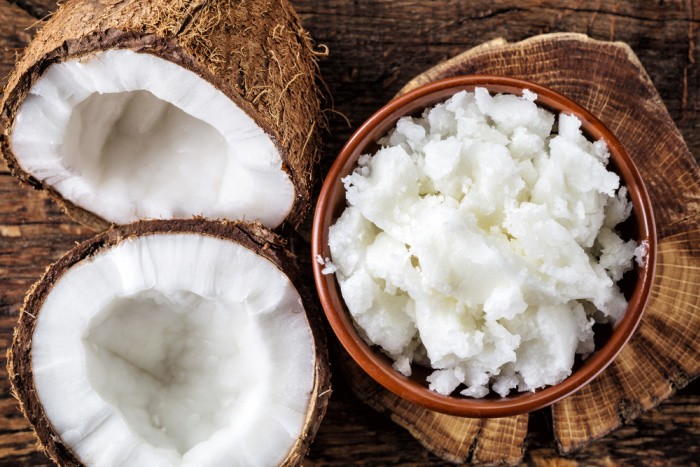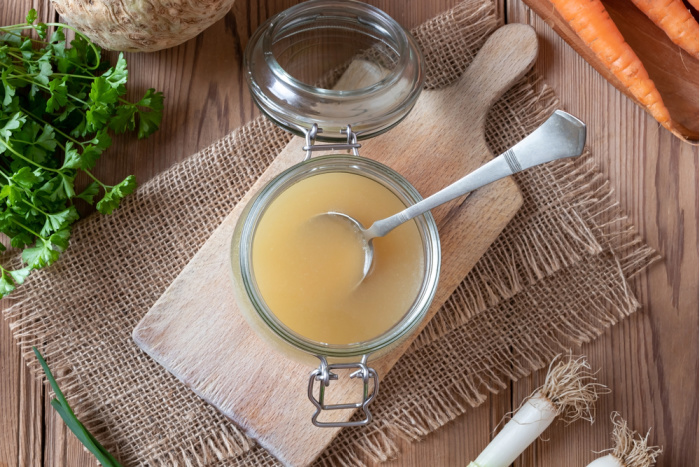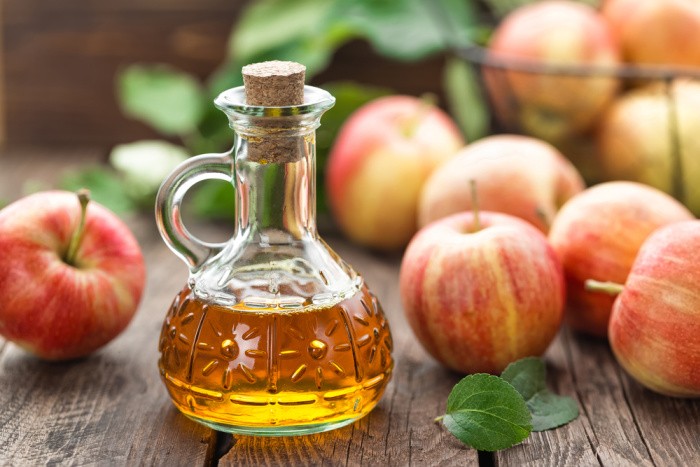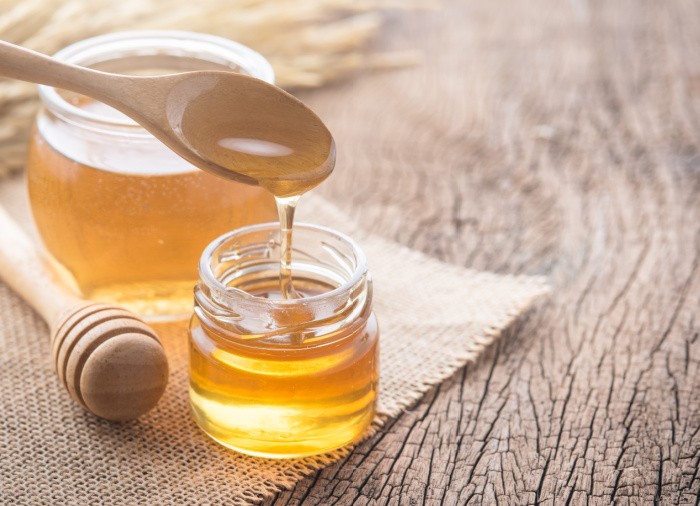Is Vitamin C Really Good for You?
For several decades now, many of us have held the misbelief that taking vitamin C can actually help treat the common flu once you’ve become sick. But today’s doctors and scientists both agree that this isn’t quite the case. With this sudden revelation, should we look at vitamin C like we have in the past? As a matter of fact, we still can.
Even if we were under the wrong assumption all along about vitamin C, there are still so many benefits and preventive measures that the vitamin brings. Let’s take a closer look at this immune booster and the many beneficial health properties that it has for us. Here’s more on vitamin C and whether it’s really good for you. In case you missed my post on Why Vitamin D May Be Just What You Need
Please check with your medical advisor before taking any vitamins or supplements so they don’t interfere with the medications you are taking right now.
Fun Facts
Before there were antibiotics, doctors would use vitamin C therapy to help cure illnesses like chickenpox, measles, mumps, polio, and tetanus.
Vitamin C is an antioxidant that’s water-soluble. This means that it does not stay in your system for much more than 24 hours. This is why maintaining the right level of this vitamin is so important to maintain.
When most people think of a food that contains vitamin C, most of the time we think of oranges and other citrus fruits. But vegetables like broccoli, peppers, kale, and Brussel sprouts have incredible traces of the vitamin as well.
Most mammals are able to produce their own vitamin C. Humans, along with primates and guinea pigs are amongst the few that are not able to do so.
Deficiency Symptoms
If your body is experiencing a vitamin C deficiency, there may be several signs that are trying to get your attention. Here’s a look at a number of them. If you have one or more of these symptoms, you may very well have a vitamin C deficiency. Is this vitamin really good for you? I think so!
- Dry skin
- Splitting ends and hair loss
- Brittle fingernails (lines or red spots may be present)
- Fatigue
- Pain in your joints
- Weaker bones
- Struggle to fight infections (Weaker immune system)
- Bruise easily
- Wounds don’t heal as easily
- Your Gums will begin to bleed and swell for no apparent reason
- Nosebleeds
Health Benefits
My dream would be to move where I could walk a block or two to get fresh fruit from the Farmer’s Markets or even a local grocery store. For now, it’s from the grocery store, but I have to drive there. I love making juice as often as I can when fresh fruit is available.

Fights the Common Cold
Even though taking vitamin C won’t necessarily keep you from getting the common cold, it may reduce how many days the illness lasts, along with the severity of it. It also may not do you any good to start taking this vitamin after you’ve already become sick.
Boosts Your Immune System
Vitamin C is an antioxidant that provides your immune system with the boost that it needs to fight off diseases, while protecting cells against inflammation. This is a natural defense that your body needs in order to stay healthy. This vitamin can also help your body fight the severity of some allergic reactions. In case you missed my post on Natural Remedies That Really Work
Regulates High Blood Pressure
Nearly one in three people living in America have high blood pressure. That means a huge number of us may not even realize that we struggle with it. Vitamin C helps to relax blood vessels so that they can carry blood throughout the body more effortlessly, which helps to lower your blood pressure.
Reduces the Risk of Heart Disease
Did you know that heart disease is the number one leading cause of death? Vitamin C may actually help to reduce the risk of heart disease by reducing bad cholesterol levels and high blood pressure. It’s been shown that foods that contain this vitamin had more of a beneficial effect, unlike just taking a supplement.
Improves Iron Absorption
When your body is getting the vitamin C that it needs, it also allows your body to absorb iron more efficiently as well. A lack of iron in the body can cause what is known as anemia. Iron is important for making red blood cells and moving oxygen throughout your body. Those who don’t eat meat very often will especially need to make sure that they get this vitamin in another way.
Helps with Memory and Thinking
As we grow older, our mind certainly isn’t what it once was. Am I right? By making sure that your body is getting the vitamin C that it needs now, your brain will be able to think more clearly and your memory may be much clearer further on down the road.
May Help Reduce the Risk for Certain Cancers
There have been studies done that have shown that vitamin C may help to reduce the risk of several types of cancer. While there are indications that this may be true, this claim remains unproven. In case you missed my post on Why Eating Whole Foods Is Good For You
Helps with Weight Loss
Did you know that vitamin C may actually help your body lose weight more effectively? Those who are experiencing a deficiency may have a harder time losing weight because they lack enough vitamin C. As long as you are regularly exercising, eating foods like citrus fruits and sweet potatoes can help burn body fat because of their high levels of vitamin C.
Foods that Contain High Levels of Vitamin C

It’s important that you simply don’t resort to taking vitamin C supplements on their own. A healthy diet of foods that contain plenty of this vitamin is also strongly encouraged. Here’s a look at just a few that are ranked amongst the highest in vitamin C concentration. Tupperware Citrus Peeler
- Cantaloupes
- Kiwi
- Oranges and other citrus fruit
- Tomato Juice
- Sweet potatoes
- Broccoli
- Red and Green Peppers
- Asparagus
- Spinach
- Broccoli
- Red Cabbage
Recommendation on Vitamin C Consumption
For adults, it’s recommended that we get at least 65 to 90 milligrams a day, and no more than 2,000 mg. Too much of it may not have severe or harmful side effects, but it may cause diarrhea and bowel discomfort.
Final Word
This vitamin is an essential vitamin that our bodies can’t make on its own, but must be consumed through our food or dietary supplements. One of the best ways to getting this vitamin that your body needs is by taking such supplements to fill in the gap in your diet.
Not only will your immune system receive the boost that it needs, but several other health benefits will also follow. What did you find most surprising about vitamin C and its many health benefits? Please stay well, and keep prepping. May God bless this world, Linda
Copyright Images: Citrus Fruit in a Box Deposit photos_48322523_s-2019, Vitamin Vegetables Deposit photos_21636911_s-2019























I drink a little bit of juice when I take my pills or I feel a bit sluggish. I have to go easy due to the sugar.
I used to get most of my vitamin C most probably from eating a lot of green peppers.
Now I think it might be wise to take vitamin C pills to make for my temporarily not so great diet…. until the kitchen is finished being rebuilt.
Hi Frank, oh the kitchen, oh my gosh, they take forever to redo!! I love bell peppers, stay well! Linda